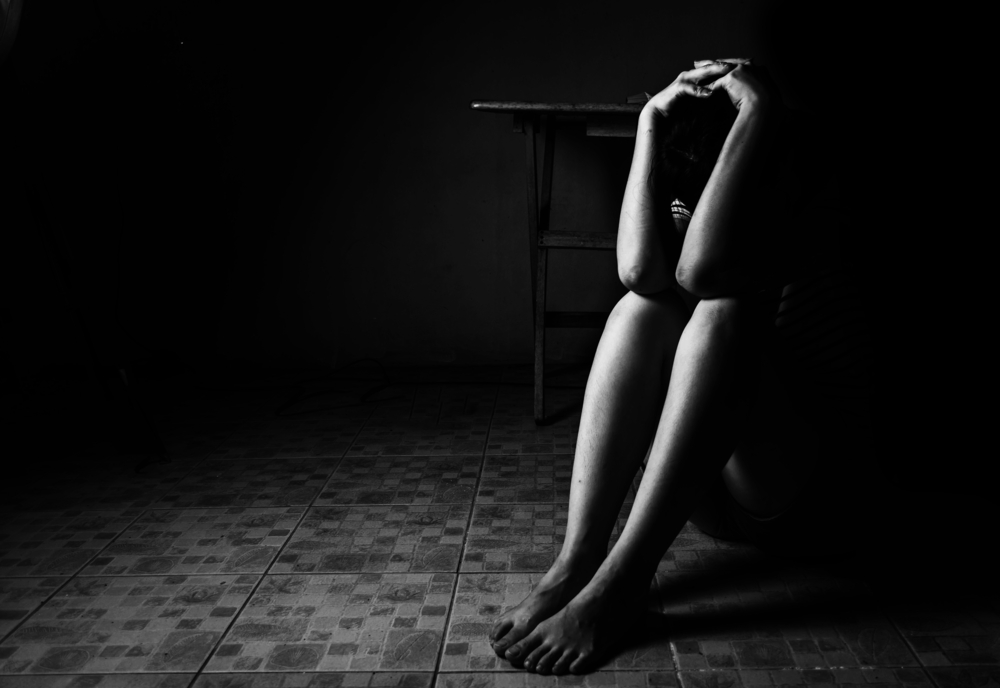Sexual offences are among the most widespread crimes in the world causing trauma to victims. In South Africa, victims of these crimes need to be aware that their rights are protected by the Sexual Offences and Related Matters Act, and that they have safe places to turn to for help.
Also known as the Sexual Offences Act, this law criminalises sexual abuse or exploitation, rape, sexual assault, bestiality, incest, indecent exposure, sexual exploitation of children, and compelling persons to witness sexual offences.
Commission for Gender Equality (CGE) Legal Director Marissa van Niekerk discusses the Sexual Offences Act and the issues surrounding sexual offences. 
Vuk: Can you describe the purpose and importance of the Sexual Offences Act?
MvN: The purpose of the Act is to afford victims of sexual offences the protection that the law can provide and ultimately to eradicate the high incidence of sexual offences committed in the country. Sexual offences are of grave concern because they impact on society as a whole.
Vuk: How do victims of sexual offences find support?
MvN: There are national policy guidelines by the South African Police Services in dealing with and supporting victims of sexual offences. When cases of sexual offence are reported, they must be given immediate attention, and any required medical assistance must be provided as soon as possible. Whether at the crime scene itself or at a police station, officers must remain with the victim until the investigating officer arrives. Victims must also be assisted with access to counselling.
Vuk: What obstacles need to be overcome for victims to be fully protected by the Act?
MvN: Firstly, many incidents of sexual offences go unreported to the police due to a number of factors. These include fear of retaliation or intimidation by the perpetrator, lack of access to services by victims, the personal humiliation of being exposed as a victim of a sexual offence in a community, and the fact that the offender is often known to the victim and frequently a member of the victim’s family.
Sexual offences must be reported in order to ensure that the Act is effectively implemented.
For information on services offered by the Commission for Gender Equality call 0800 007 709.



 Facebook
Facebook Twitter
Twitter WhatsApp
WhatsApp